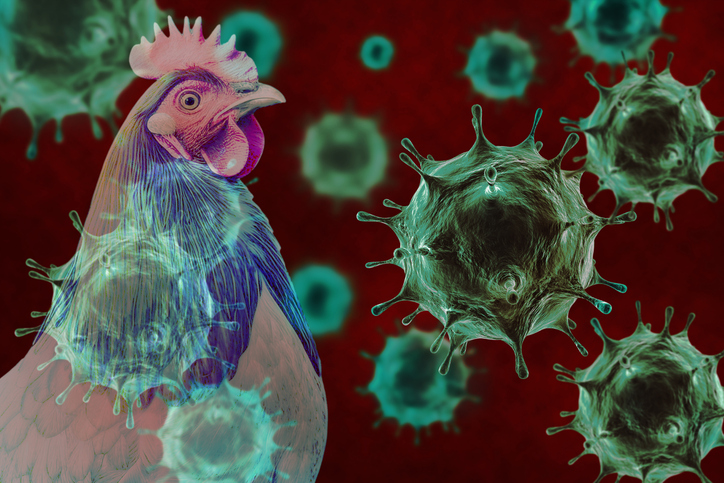A second site in the ACT has tested positive for avian influenza.
Last week, the H7N8 high pathogenicity avian influenza (HPAI) virus was detected at a poultry farm, linked to an infected property in NSW. Yesterday, backyard chickens at a home in the quarantine control area around the first infected property were found to be sick.
“I would like to acknowledge and thank the residents of this property who have acted swiftly to take action to prevent the potential spread of this virus amongst the broader bird population,” Rebecca Vassarotti, Minister for the Environment, Parks and Land Management, said.
“While disappointing to have a second case, it is not unexpected. Like jurisdictions across the country [sic] this is unfortunately the reality of such a highly transmittable virus.”
The ACT Government has set up an online form for bird owners in the quarantine area to help the government understand the risks of avian influenza spreading.
“Avian influenza is very easily transmitted by moving sick birds from property to property, as well as from contaminated boots, equipment, and vehicles if proper biosecurity measures aren’t in place,” Ms Vassarotti said.
Wild birds may also carry the virus.
Bird owners living within the quarantine area should familiarise themselves with the restrictions in place to keep their birds safe.
- Avoid contact between your birds and wild birds
- Wash your hands after touching your birds
- Keep a blanket or cover over your chicken coop
- Keep your chicken coop or aviary clean
- Remove bird feed and other items that may entice wild birds to your yard.
If your bird is unwell, call your veterinarian and ask their advice before taking them in to the surgery.
“It’s important to reduce the risk of spread by minimising exposure of sick birds to other birds, so your vet will let you know the best way for your bird to be treated while reducing the risk of spreading any disease,” Ms Vassarotti said.
“Biosecurity is everyone’s responsibility. By taking small actions, we can help protect both our pet birds and native wildlife.”
Current strains of avian influenza do not appear to transmit easily between humans, the Australian Government advises.
Eggs and chicken meat are safe to eat provided they are handled and cooked according to standard food handling practices.
Avian influenza is a notifiable animal disease, which means any suspected or confirmed cases must be reported immediately to the Emergency Animal Disease Hotline on 1800 675 888.
To find out if you are in the quarantine area, or for more information on how to protect your birds, visit the ACT Environment website.
For updates on the current situation across Australia, visit the outbreak.gov.au website.
For information about avian influenza and food safety, visit the Food Standards Australian New Zealand website.



